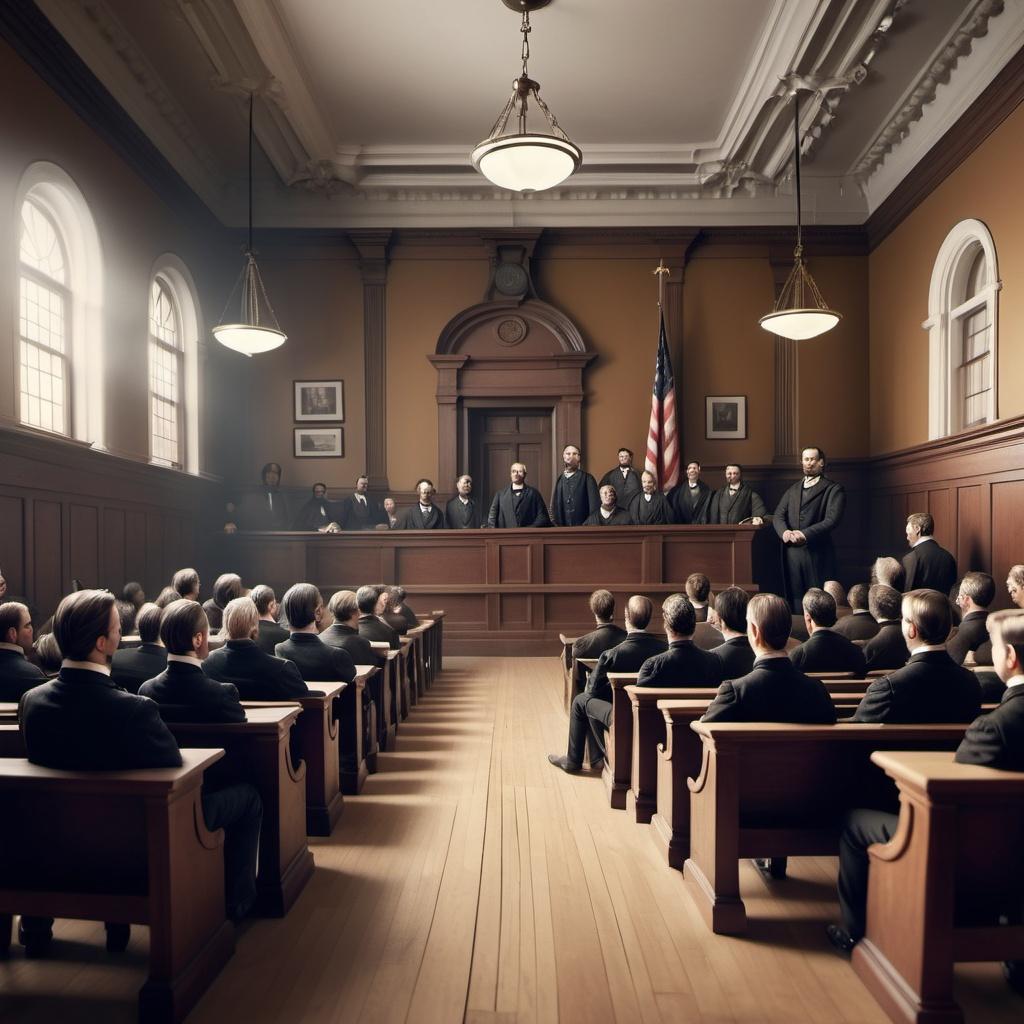Browntown 1903—Did the killer get off too lightly, or was hard liquor to blame?
In the early 1900s there were several bars in Browntown where people, especially those working in local mills and factories, could easily get drunk. Locally produced liquor, including apple and peach brandy, were popular and reputedly very strong. A report in the Page Courier of August, 1903 described Sam Jones experience of drinking Browntown whiskey “He says ten drops if given to a rabbit would make it stand on its hind legs and spit in the face of a bull dog!”
According to an April, 1902 report in the Richmond Times, one of the first people in Browntown to die as a result of drinking too much hard liquor was the sixteen-year-old son of Alfred Walker:
“A well known colored man of Browntown, VA. who was found under a bridge which crosses Gooney Run, a short distance below Browntown in about three feet of water, drowned. The boy is supposed to either have fallen off the bridge and stunned himself or to have been under the influence of liquor.”
1903 Cleveland Craig Shot and Killed In Browntown Bar
In February, 1903 the Winchester correspondent of the Times Dispatch reported another tragic outcome of such drunkedness when a 19 year old, Cleveland Craig, was shot to death in a Browntown bar owned and operated by one of our most famous local citizens, Jacob Masemer.
That same report went on to claim that local residents were outraged by this murder and that “Had not the authorities quickly confined him to jail he would have been lynched by Indignant citizens”. The truth of this claim would later be challenged by a local citizen who wrote to the editor of the Warren Sentinel and stated that “There was no thought of such action. On the contrary, immediately upon the occurrence a messenger was sent by the citizens to the Sheriff at Front Royal who at once responded and secured the arrest. The account given by that correspondent is inaccurate and filled with errors.”
Some facts seem clear – based on various reports in local papers at the time and reports of the trial of the accused murderer that took place in Front Royal in June of 1903 (please note: in the description below we have used terms that were then in current use, e.g. “negro” rather than ‘black” or “African American”).
On a Saturday in early January, 1903 Winfield Cameron, a youth of about eighteen years of age, together with Cleveland Craig, a youth of about the same ago, and a negro blacksmith by the name of Boss Beck, were all drinking together when Cameron, presumably under the influence of whiskey, invited Beck to take another drink which was refused. During the argument that ensued “Cameron whipped out his pistol and began firing at Beck, one of the shots flew wide of the mark “and struck young Craig in the forehead, plowing its way entirely through his head”. Other reports suggest that Craig had been trying to intervene in the argument between Cameron and Beck in an attempt to avert serious trouble.
Once Cameron realized what he had done, he reportedly immediately ran down the road towards Front Royal. This occurred at about 5:30 p.m. Saturday. A messenger was at once sent to Front Royal, and upon being informed of the killing, Sheriff Marshall summoned a posse and after hunting for some time arrested Cameron at about 11 pm. on the county road near the house of his brother-in-law. The sheriff brought his prisoner to the county jail and on the following Monday summoned a grand jury who met the following Tuesday and brought an indictment for murder. The Warren Sentinel report of the killing and arrest end by saying “Comment is unnecessary. The whole distressing affair may be laid to whiskey.”
Other newspaper articles claimed that Cameron, who fired the shot that killed Cleveland Craig, had fled to Warren County from North Carolina because of killing a man and had recently been living in Front Royal for several months. Cameron was the son of Thomas Cameron, who had previously lived in Browntown, working for the Cover Tannery, before moving to North Carolina.

Cameron’s trial in June 1903 took place in a crowded courtroom in Front Royal. This was the first case of murder in Warren County for many years and attracted a great deal of attention.
The Warren Sentinel Reported that some 50 witnesses were examined by the two sides and that:
“His lawyers, Messrs. Downing and Richards argued in his defense that the killing was done whilst Cameron was rendered irresponsible by drink, that it was unprovoked, and that both the shooter and the victim were young, under 21 years of age, and had been boon companions. The argument for the defense was opened by E. H. Jackson in a logical, clear and earnestly delivered speech. He was followed by W. B. Richards for the defense in a speech “bristling with reason and with a most eloquent peroration”. His speech was greatly enjoyed by the audience and had weight with the jury. The prosecution led by the Hon. H. H. Downing then made “an earnest and feeling appeal to the jury, Mr. Fulton closing in a logical, forcible and admirable speech for the State.”
Clearly members of the jury were not initially all of one mind about the guilt or innocence of the accused. They remained out all night and next morning brought in a verdict of two years in the penitentiary for the prisoner.
Given that courts at the time were sending people to the penitentiary for eight years or more for crimes such as stealing a horse, it seems that Cameron got off quite lightly, with his young age and the influence of drink perhaps helping to sway the views of the jury and judge in his favor.
NOTE: The special grand jury that indicted Cameron in February of 1903 also indicted Jacob Masemer for the illegal sale of intoxicating liquors to minors. This indictment was thrown out by the district court a month later when the Commonwealth admitted that there was no case and that Mr. Masemer had not violated the law. According to the then editor of the Warren Sentinel (a great admirer of Masemer), “Jacob tells us he has not only given his bar tenders verbal orders not to sell to minors or intoxicated persons, also not to sell on Sunday or election days, but that such an order written and posted in his place”.
